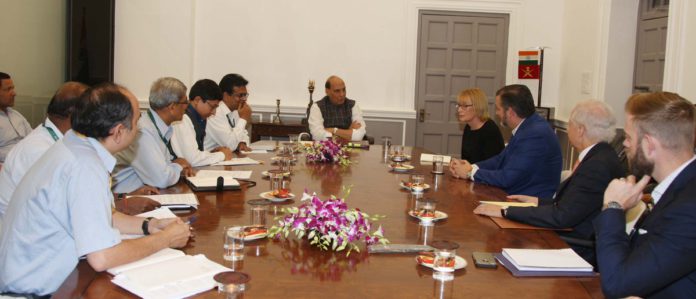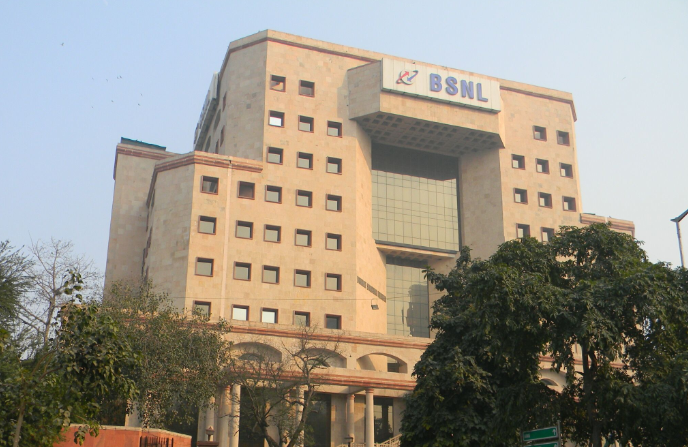New Delhi: With the aim of expanding the health and working conditions of the employees, the government is planning to simplify the new Occupational Safety & Health Working Condition (OSH) Code, which enhances the ambit of provisions of safety, health, welfare and working conditions.
Speaking at the 8th FICCI Safety Systems Excellence Awards & Conference for Industry, Santosh Gangwar, MoS (IC) for Labour and Employment said, “The new Occupational Safety & Health Working Condition (OSH) Code will be simplified further and will have provision for one return, one registration and one license.”
Reiterating government’s efforts to introduce four labour codes instead of 44 complex law, at the conference with theme of ‘Workplace Safety & Occupational Health’ Gangwar said, “It will not only reduce the compliance burden for companies but also benefit the workers.”
“We have introduced and referred the OSH Code to the Parliamentary Standing Committee. I would request you (stakeholders) to submit your recommendations to the Standing Committee so that we can make a better law,” Gangwar added.
Gangwar highlighted the steps taken by the government to further simplify the labour laws, stating, “The new laws will replace multiple boards and committees by establishing ‘National Occupational Safety and Health Advisory Board’. The new board will use the latest technology and will issue ‘Dynamic Safety Standards’ on a timely basis.”
“Any establishment within minimum 10 or more workers will come under the ambit of the code,” he added and said, “All establishments will have to issue appointment letters to workers along with one compulsory medical check-up in a year.”
He further said, “In the new Wage Code, government has ensured to cover all 50 crore workers to get minimum wages at a defined rate.”
“While we have given our detailed suggestions on these Codes, I hope this exercise also ensures that multiple agencies and authorities under different Codes to deal with labour issues are minimized,” said Sandip Somany, President, FICCI.
Somany added, “On behalf of FICCI, I would propose that we scale up this initiative with the support of labour ministry to make it a National Campaign for Safe India.”
Meanwhile, at the conference, Shyam Bang, Chairman, NABCB (QCI) & FICCI Taskforce on Manufacturing Excellence said, “The industry is geared up to tackle safety concerns and the target should be zero incident, zero loss of life and zero damage to capital assets.”

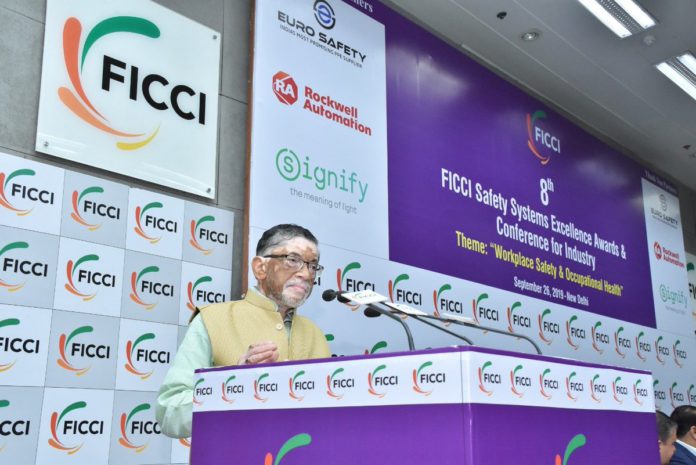
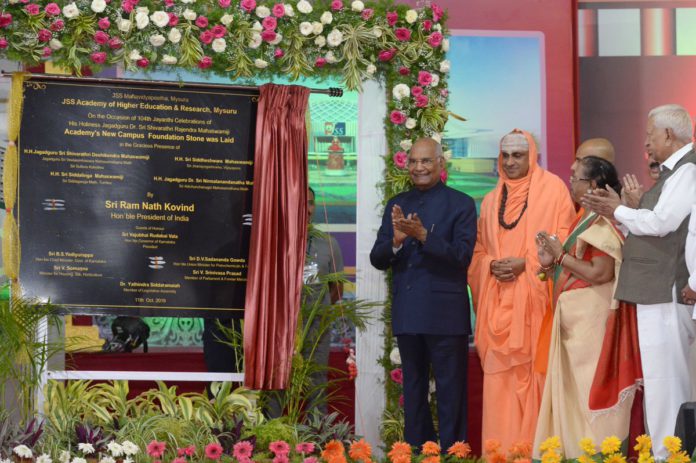
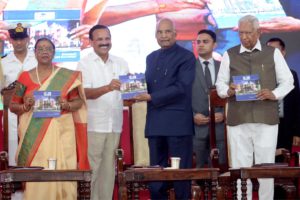 The President while laying the foundation stone for the campus of JSS Academy of Higher Education and Research at Varuna village in Mysuru on October 11 said, “We have achieved a lot over the years. Yet, health remains a key development challenge for us. As a country we are challenged by the triple burden of communicable, noncommunicable and new and emerging diseases. Malnutrition and neglected tropical diseases place severe constraints on us. We need to improve access to health services”.
The President while laying the foundation stone for the campus of JSS Academy of Higher Education and Research at Varuna village in Mysuru on October 11 said, “We have achieved a lot over the years. Yet, health remains a key development challenge for us. As a country we are challenged by the triple burden of communicable, noncommunicable and new and emerging diseases. Malnutrition and neglected tropical diseases place severe constraints on us. We need to improve access to health services”.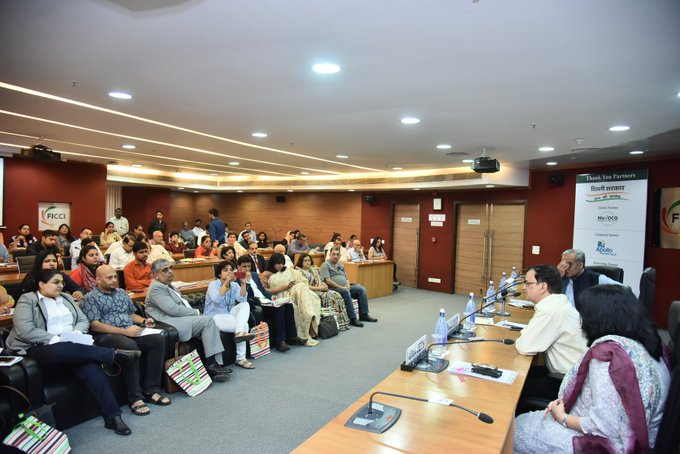


 The NEP will give right direction to the youth, Pokhriyal said while laying the foundation stone of the new integrated campus of CBSE at Dwarka, on Friday. He further said that the draft NEP was prepared after long deliberation, suggestions and comments received from general public and its stakeholders.
The NEP will give right direction to the youth, Pokhriyal said while laying the foundation stone of the new integrated campus of CBSE at Dwarka, on Friday. He further said that the draft NEP was prepared after long deliberation, suggestions and comments received from general public and its stakeholders.


